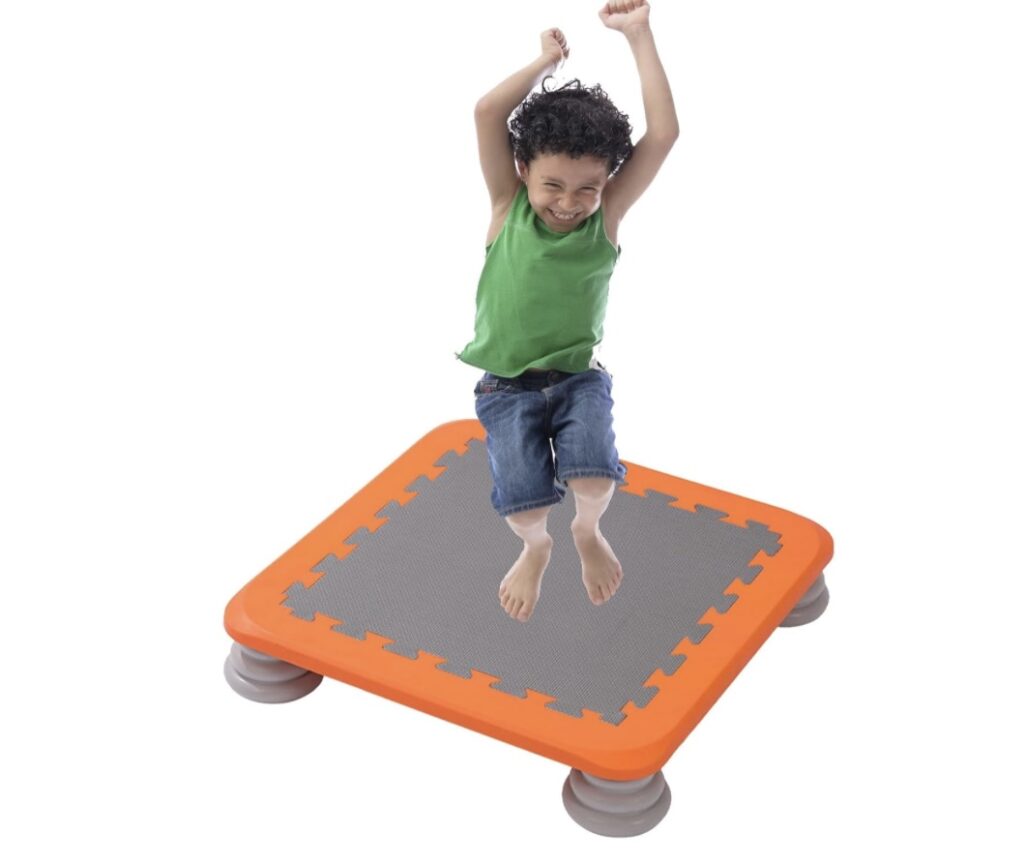Welcome to the Crown and Calm blog! As we launch this journey, we want to share the “why” behind what we do. Crown and Calm is here to support neurodivergent children and their families with tools that provide calm, focus, and comfort. But why neurodivergent kids, why sensory tools, and why Crown and Calm? Here’s why
Why Neurodivergent Kids?
Our focus on neurodivergent kids is both intentional and deeply meaningful. In communities across Nigeria, access to sensory-support tools is limited, yet these tools can make a huge difference in helping children feel calm, focused, and secure. Neurodivergent kids often experience the world in unique ways, and without tools that support their needs, they can face barriers to learning, comfort and social connection.

At Crown and Calm, we believe every child deserves to feel accepted and empowered. Our mission is to create a world where every child feels understood, supported and equipped to reach their full potential.This commitment comes from our belief in each child’s potential and our determination to make a positive difference in their lives.
Why Sensory Tools Matter
Sensory tools provide children with experiences that help them feel grounded, relaxed, or focused. For a child who might be overstimulated by loud sounds or feel anxious in busy environments, sensory tools like a weighted lap pad or compression vest can create a sense of calm and security. These tools support children in learning how to self-regulate, making daily life more manageable and less overwhelming.
Our tools are carefully chosen to address specific sensory needs, whether it’s for grounding, soothing, or channeling energy in ways that make kids feel more comfortable. By supporting sensory needs, we’re not just helping children in the moment—we’re helping them develop lifelong coping skills that can open doors to learning, connection, and growth.

Why Crown and Calm?
Crown and Calm is about more than just products; it’s about creating a supportive, inclusive community for neurodivergent children and their families. We’re dedicated to providing sensory-friendly solutions that are practical, affordable, and crafted with care. Our hope is to become a trusted resource in Nigeria for families who want to see their children thrive in environments that truly meet their needs.
Beyond offering products, we’re committed to raising awareness, collaborating with schools, and building partnerships to expand access to sensory tools. We believe in creating real change, one child at a time, and we’re here to support families every step of the way.
Welcome to Crown and Calm!
Explore our collection of sensory tools today and discover how they can support your child’s unique needs. Together, let’s make each day a little calmer, happier, and more fulfilling for your family.